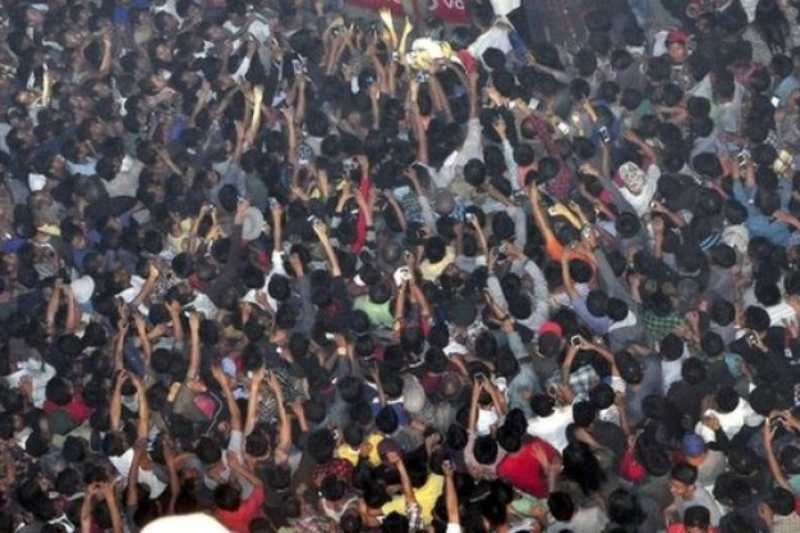Lynching has reached a deeper level of nadir in India and some people are doing it with the vendetta to satiate their own egos and ulterior motives. It has apparently got nothing to do towards the good of the society.
A migrant worker, three mentally challenged men, a patient undergoing treatment for depression, two members of a de-notified tribe, a “colourfully dressed” visitor outside a dargah, five nomads, were lynched mercilessly in our country over the last three months.
An investigation points out that of the 20 people lynched in the last three months across the country by murderous mobs fuelled by rumours of child-lifters, 13 were “soft targets” from the margins of society, who are the “most vulnerable to such attacks”.
Also read: Kathua case: Jihadis behind rape, murder of 8-yr-old, says defence lawyer
The investigation further states reveal that police records accessed of 27 lynching from nine states over one year also show that in all these cases, there was no previous enmity involved. All the victims were strangers trapped in areas inflamed by rumours, mainly over social media, of child kidnappers on the prowl.
Unfortunately, all the victims happened to be at the wrong place at the wrong time, says Bipin Bihari, Additional Director General of Police (law and order), Maharashtra.
The ADGP further says, “The fact that most the victims were from the marginalised sections suggests that there probably was no fear among the mob of the consequences. In all the cases reported in Maharashtra, the victims were strangers, especially tribal or nomads who failed to convince the mob or present their side of the story convincingly.”
Harssh Poddar, SP Malegaon, whose team thwarted an attempted lynching on July 1, said, “these mobs don’t engage in any form of verification before resorting to violence. The victim’s appearance and language have a bearing in such situations — what they are wearing, their dialect.” No police station in any of these areas had reported a child-kidnapping in the months leading up to the killing.
In many of these cases, police records show, all it took was a random act to trigger the attack: In Tamil Nadu, a woman offered chocolates to children while asking for directions to a temple; in Tripura, a man who had covered his face due to the heat had stopped to talk to a girl; in Assam, two friends stopped in a village where “no one travels in a car through this area late in the evening”.
One lynching that best illustrates the terrifying frenzy that follows, is the killing of a 33-year-old autorickshaw driver in Telangana’s Nalgonda district, 80 km from Hyderabad. The trigger: A chat outside a toddy shop just after sunset.
Also read: Chaiwala became PM, because Congress preserved democracy: Mallikarjun Kharge
In Dhule, where five members of the Gosavi community were lynched in the latest such case on July 1, it is anger more than grief that is keeping the victims’ families going.
“Incidents of mob lynching are happening across the country and it seems two things are primarily responsible: superstition and intolerance. I appeal to the Prime Minister that the entire government machinery — in collaboration with state governments and NGOs — should work jointly to control this dangerous situation,” says Gopal Chandra Das in Guwahati.

